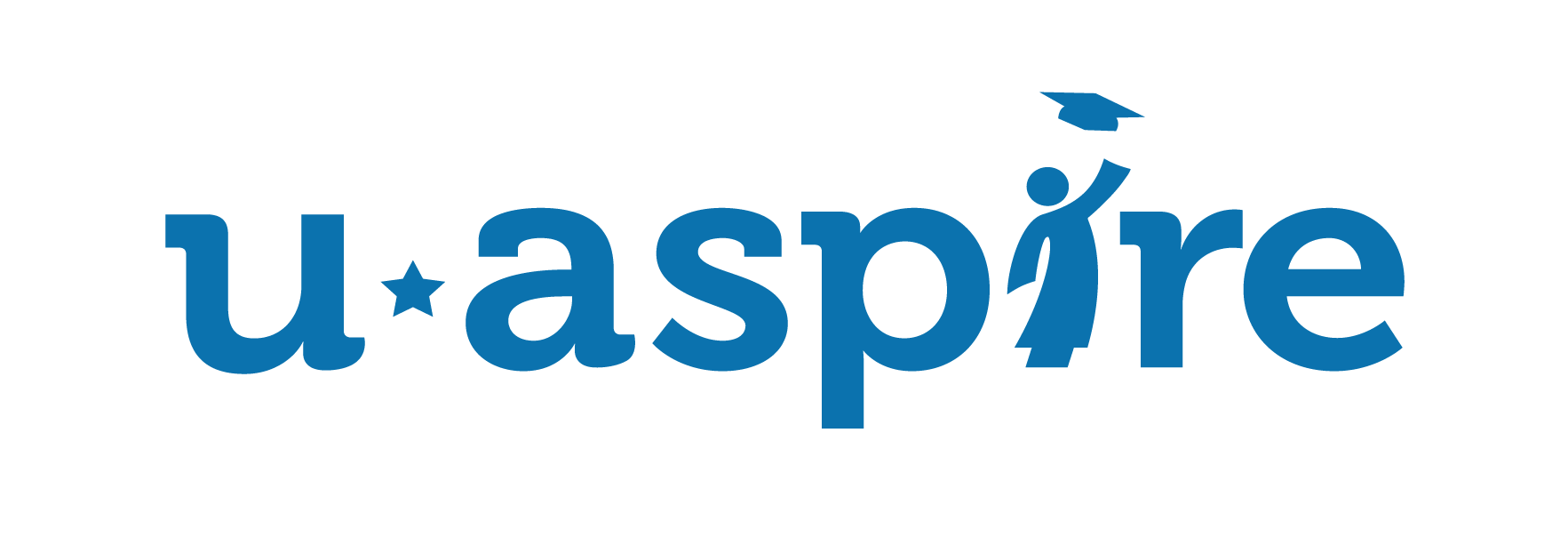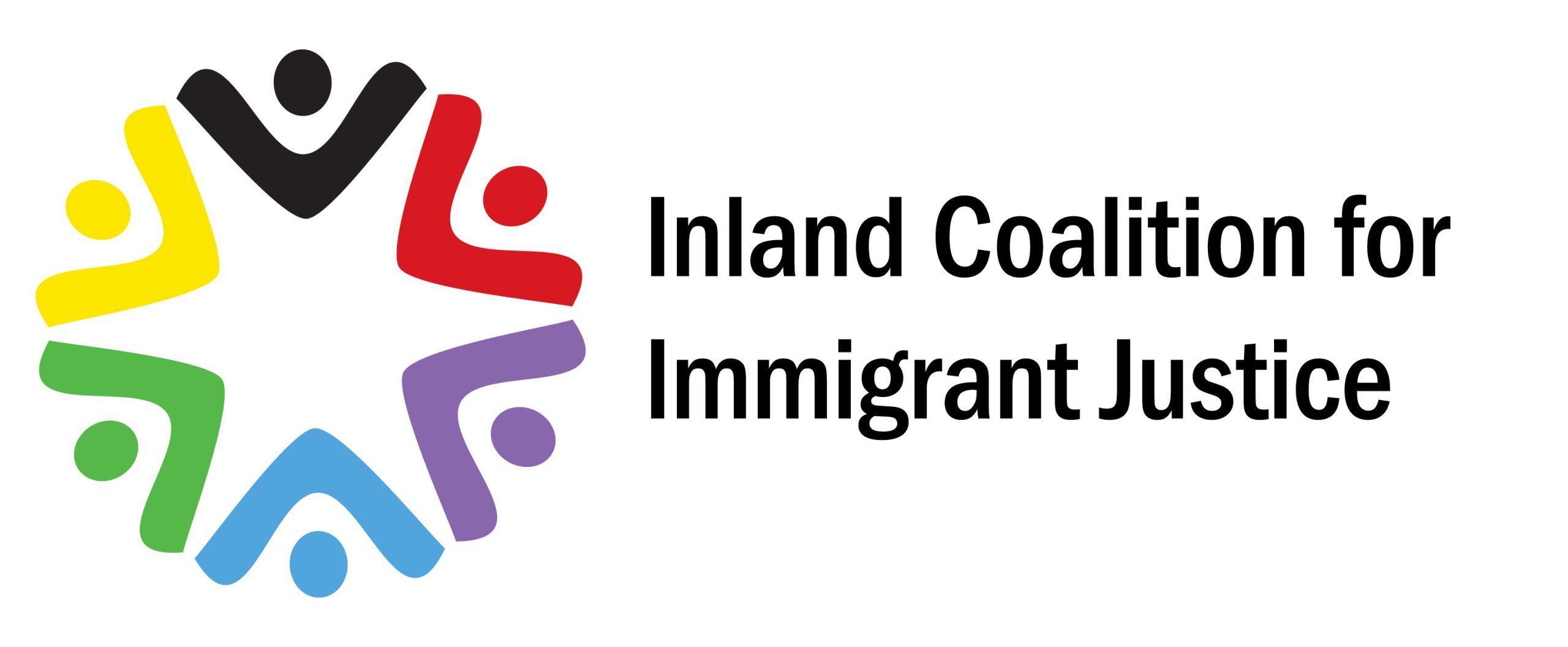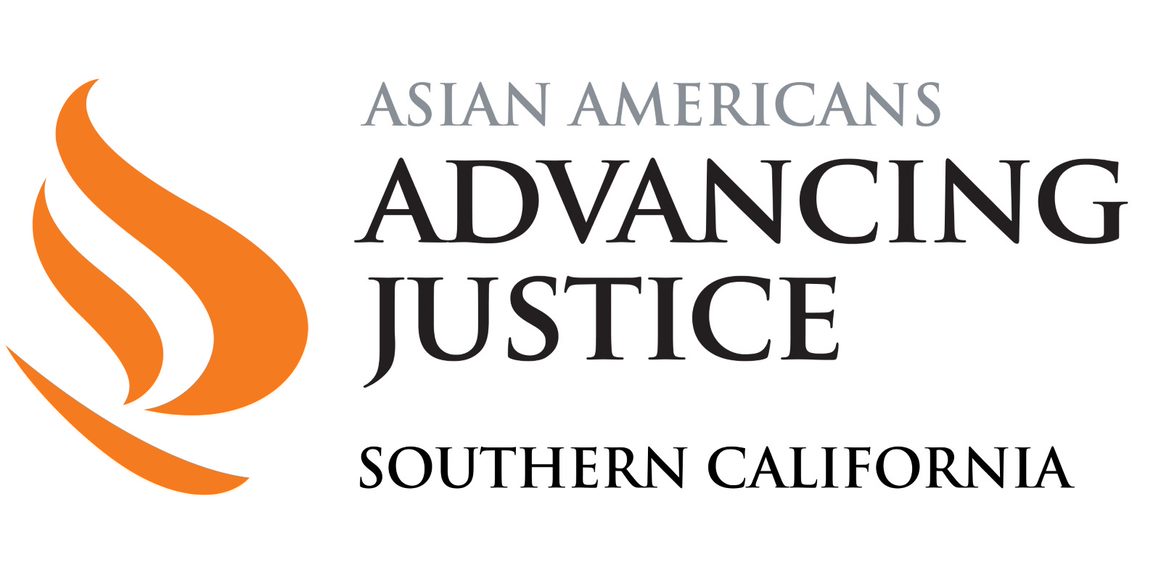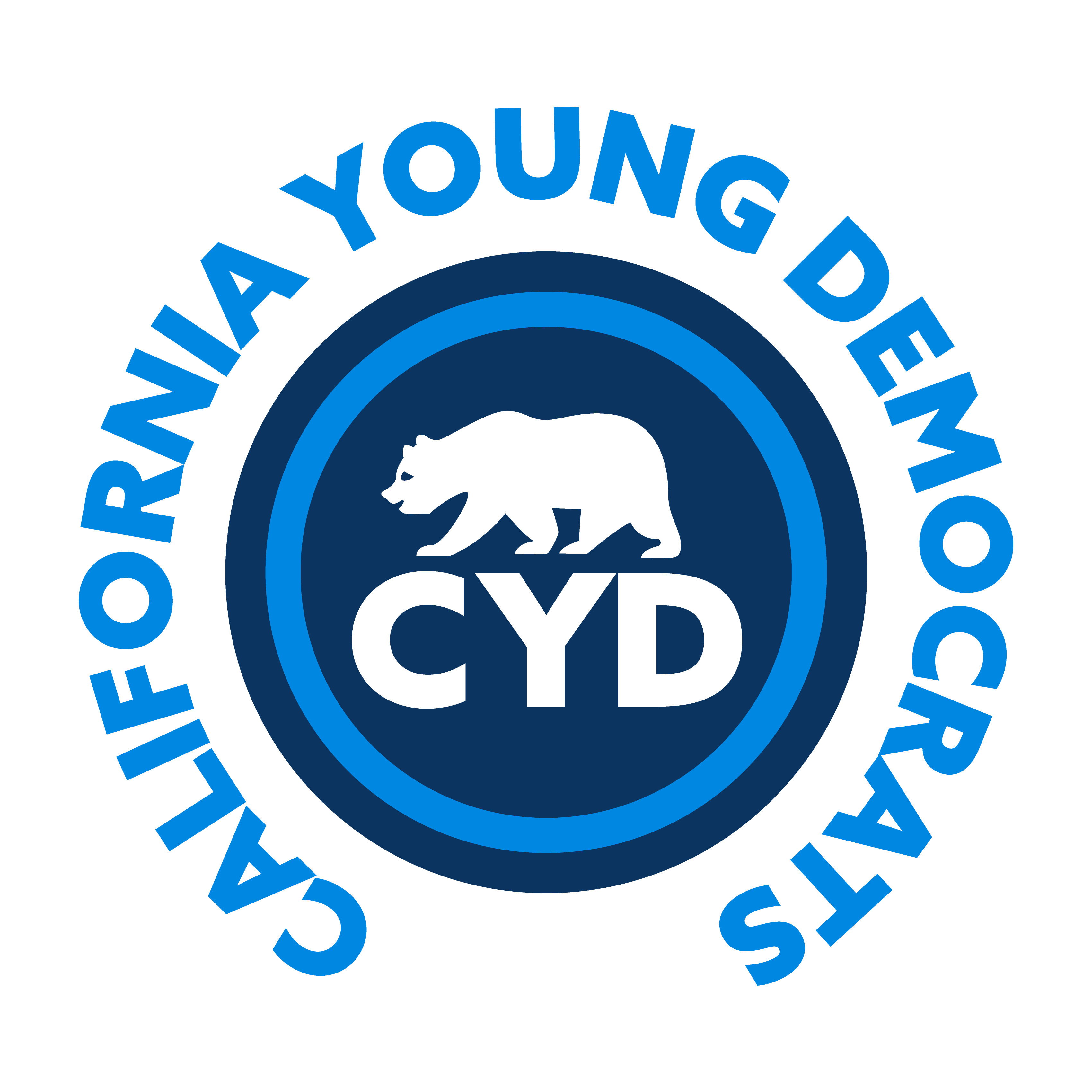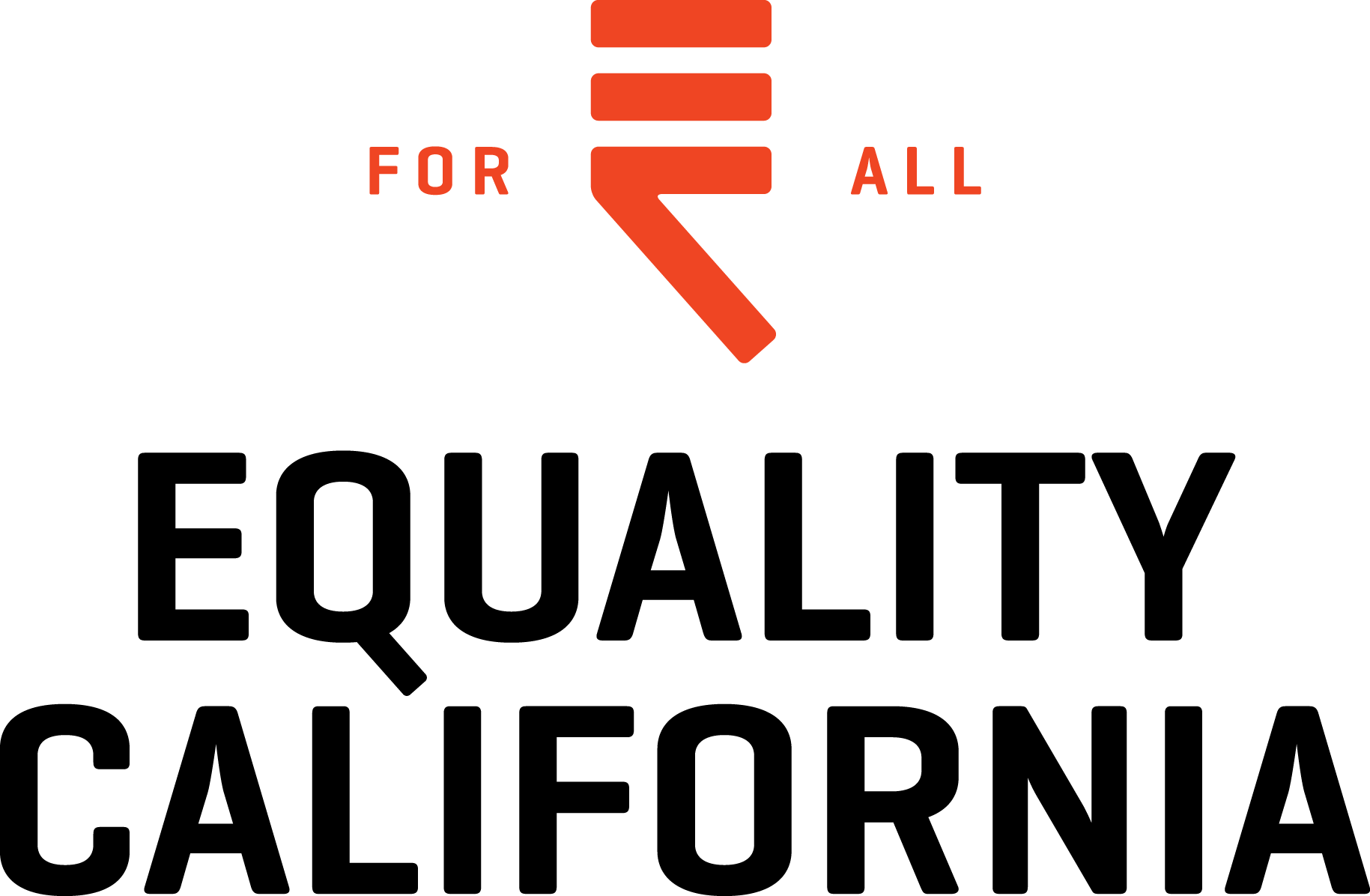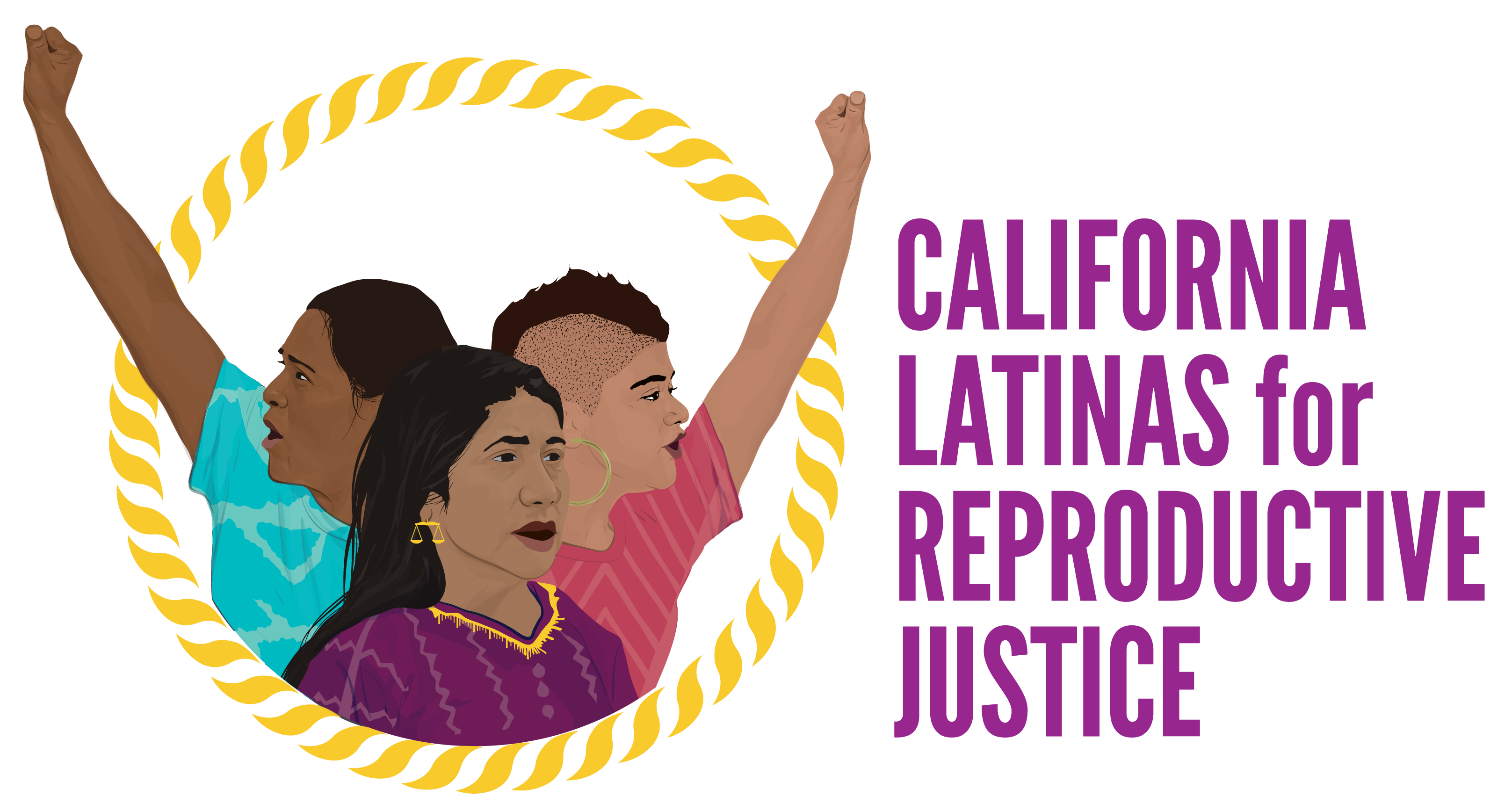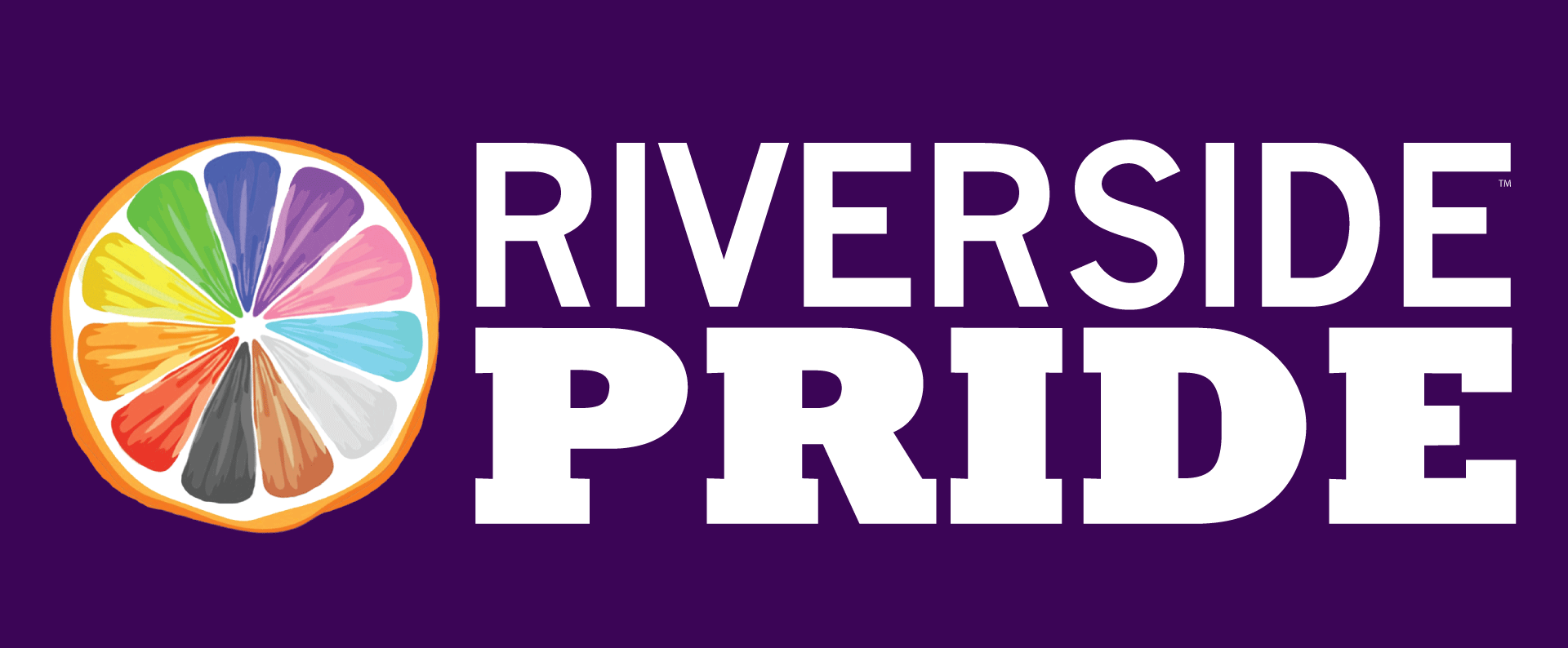Senate Bill 702 (Limón): Transparency in Boards and Commissions
Our work to Ensure Transparency in Boards and Commissions
Since 2021, HOPE has partnered with Senator Monique Limón to champion legislation requiring demographic reporting on gubernatorial appointments. After five years of persistent advocacy and collaboration with statewide partners, Governor Gavin Newsom has officially signed SB 702 into law.
This landmark legislation ensures greater transparency and accountability by requiring demographic reporting across all statewide appointing bodies. SB 702 reflects the collective efforts of the Latino, LGBTQ+, AAPI, and Women’s Legislative Caucuses, as well as bipartisan support across the Legislature.
This victory marks a significant step forward for representation and equitable participation in California’s leadership. HOPE is proud to have played a leading role in making this long-standing vision a reality, and we look forward to continuing to advance opportunities for all through data-driven policy change.
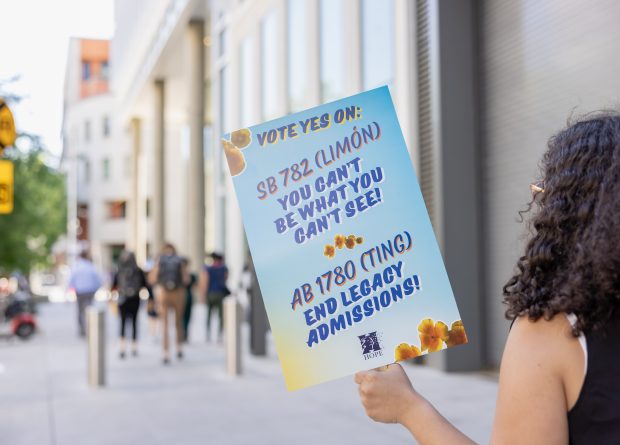
SB 702 (Limón)
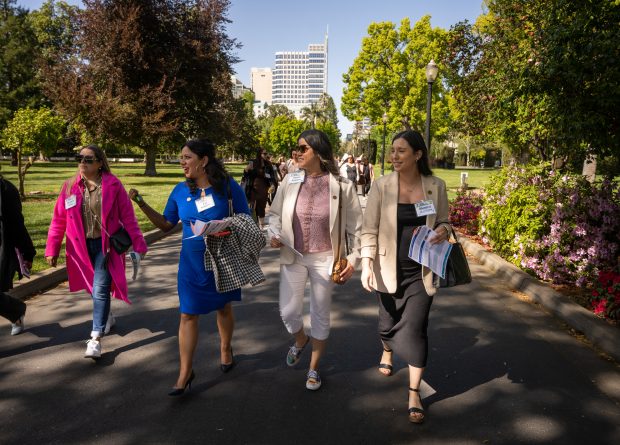
California Gubernatorial Appointments Report
To better understand California’s gubernatorial appointments, HOPE conducted an analysis of the composition of the Governor’s appointed boards, commissions, and task forces in 2023. The findings show progress toward gender balance among appointees, while also highlighting continued differences in representation across demographic groups. White Californians held 52% of these positions, while Latino, Black, AAPI, and Native American appointees collectively represented 39%. Latinos, Black, AAPI, and Native American individuals made up 39%. combined.
Words of Support from HOPE’s SB 702 Coalition Members
“SB 702 is a milestone for transparency and equity in state leadership. At LPPI, we’re proud that our data and analysis helped make the case for why visibility matters — so that all underrepresented communities can see pathways to serve and lead California forward.”
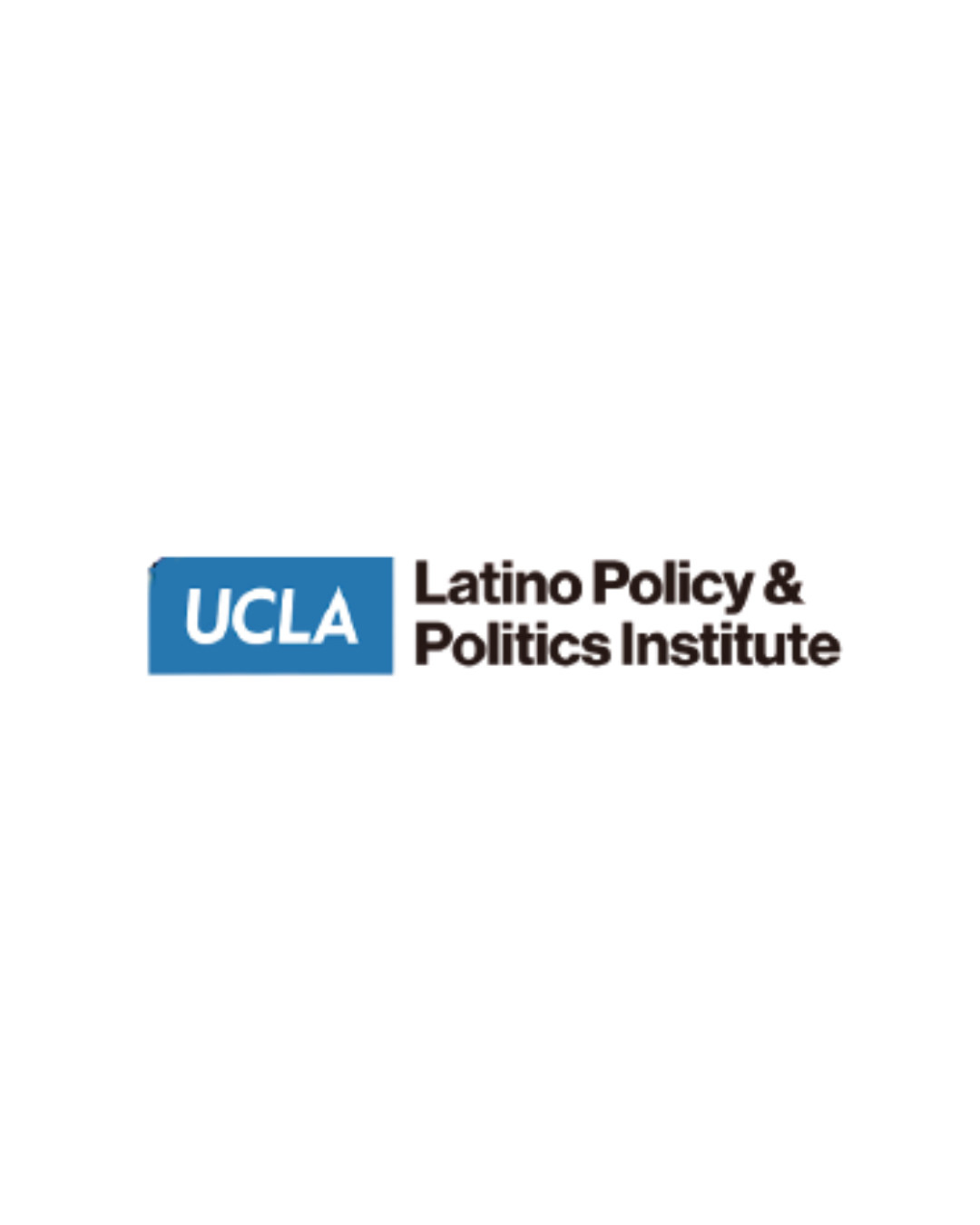
“For over five decades, BWOPA has fought to make sure Black women and our communities are seen, heard, and represented in the rooms where decisions are made. The signing of SB 702 is proof that progress is earned through persistence, partnership, and the power of collective advocacy — and that when we stay the course, equity wins.”

“Statewide appointments are an excellent way for those who have been historically excluded from leadership positions to get involved. SB 702 will help us understand who holds these important positions and ensure that Californians who represent the diversity of our state are aware of opportunities to serve.
Close the Gap is a proud member of the California Like Me Coalition and salutes this step towards building a more reflective leadership pipeline. Thank you to Hispanas Organized for Political Equality and Senate Pro Temp Elect Monique Limón (Close the Gap Class of 2018) for leading this critical charge!”

“This is a big victory! As a HOPE sister of 2021, when the advocacy kicked off, I’m so excited to see future representation take place as it did for me as the first Latina elected in any position in the city of Monterey. “



































